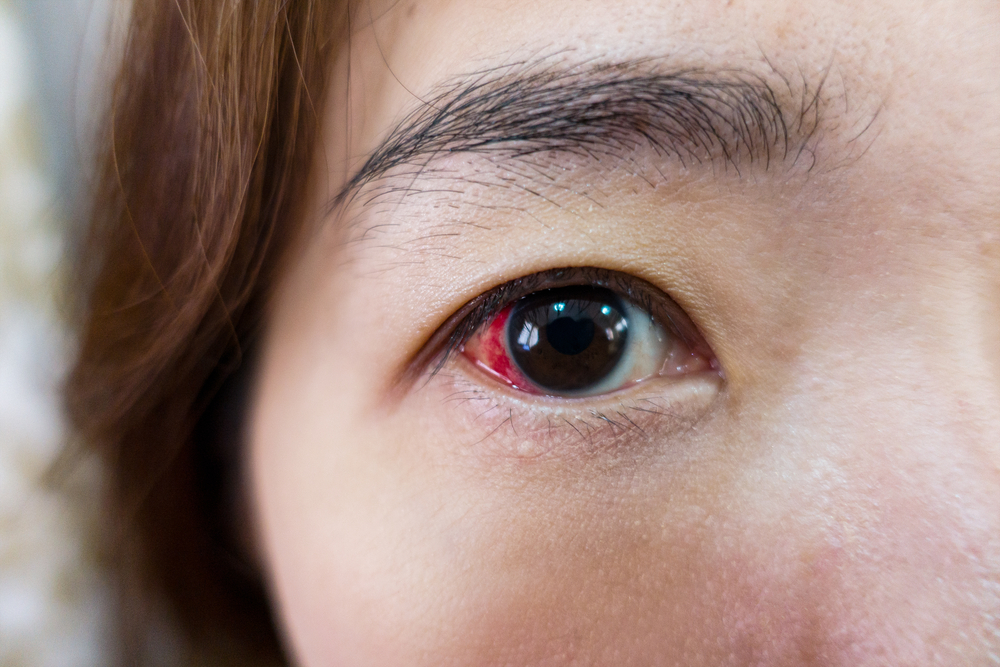
The retina is a thin layer of tissue at the back of the eye that plays a crucial role in vision. It is responsible for capturing light and sending signals to the brain for processing. Retinal tears and detachments are serious conditions that can lead to vision loss if left untreated. Understanding these conditions, their causes, and symptoms is essential for early detection and prompt treatment.
Causes and Symptoms of a Retinal Tear?
Retinal tears can occur due to various reasons, including injury, aging, or underlying medical conditions. In some cases, the vitreous gel inside the eye can shrink and pull away from the retina, causing a tear.
Symptoms of retinal tears may include sudden onset of floaters (small dark spots or specks drifting in your field of vision), flashes of light, or a shadow or curtain that seems to obstruct part of your vision.
Understanding Retinal Detachments
Retinal detachments are more severe than retinal tears and occur when the retina becomes separated from its underlying tissues. This can happen when fluid accumulates between the layers of the retina, causing it to detach. The causes of retinal detachment can include trauma to the eye, aging, underlying eye conditions, or previous eye surgeries.
Symptoms of retinal detachment may include sudden onset of floaters, flashes of light, a dark shadow or curtain that moves across your field of vision, or a sudden decrease in vision.
Complications of Untreated Retinal Tears and Detachments
If left untreated, retinal tears and detachments can lead to several complications that can have a significant impact on your vision. One of the most severe complications is the development of macular holes or macular puckers. The macula is the central part of the retina responsible for sharp, detailed vision. When a tear or detachment occurs near the macula, it can lead to distorted or blurry vision. This can severely impact your ability to read, drive, or engage in everyday activities that require clear vision.
Another complication is the formation of proliferative vitreoretinopathy (PVR), which occurs when scar tissue forms on the retina's surface. PVR can cause the retina to become stiff and wrinkled, leading to further detachment and vision loss. Additionally, untreated retinal tears and detachments can increase the risk of developing other eye conditions, such as cataracts or glaucoma.
The long-term effects of untreated retinal tears and detachments can be devastating. Vision loss can range from partial to complete, depending on the severity and duration of the condition. The longer a tear or detachment goes untreated, the higher the risk of permanent damage to the retina and the surrounding tissues.
In cases where vision loss occurs, it can have a profound impact on an individual's quality of life. Simple tasks, such as reading, writing, or recognizing faces, can become challenging or impossible. The loss of independence and the need for assistance with daily activities can lead to emotional distress and a decreased sense of well-being.
Seeking Help from an Ophthalmologist
If you are experiencing any symptoms of retinal tears or detachments, it is crucial to seek help from an ophthalmologist as soon as possible. They have the expertise and specialized equipment to diagnose and treat these conditions effectively. Early detection and prompt treatment are key to preserving your vision and preventing further complications.
For more information on retinal tears and detachments, visit Gulf Coast Retina Center in our Sarasota or Venice, Florida, office. Be seen today or call (941) 312-2769 for further guidance.








